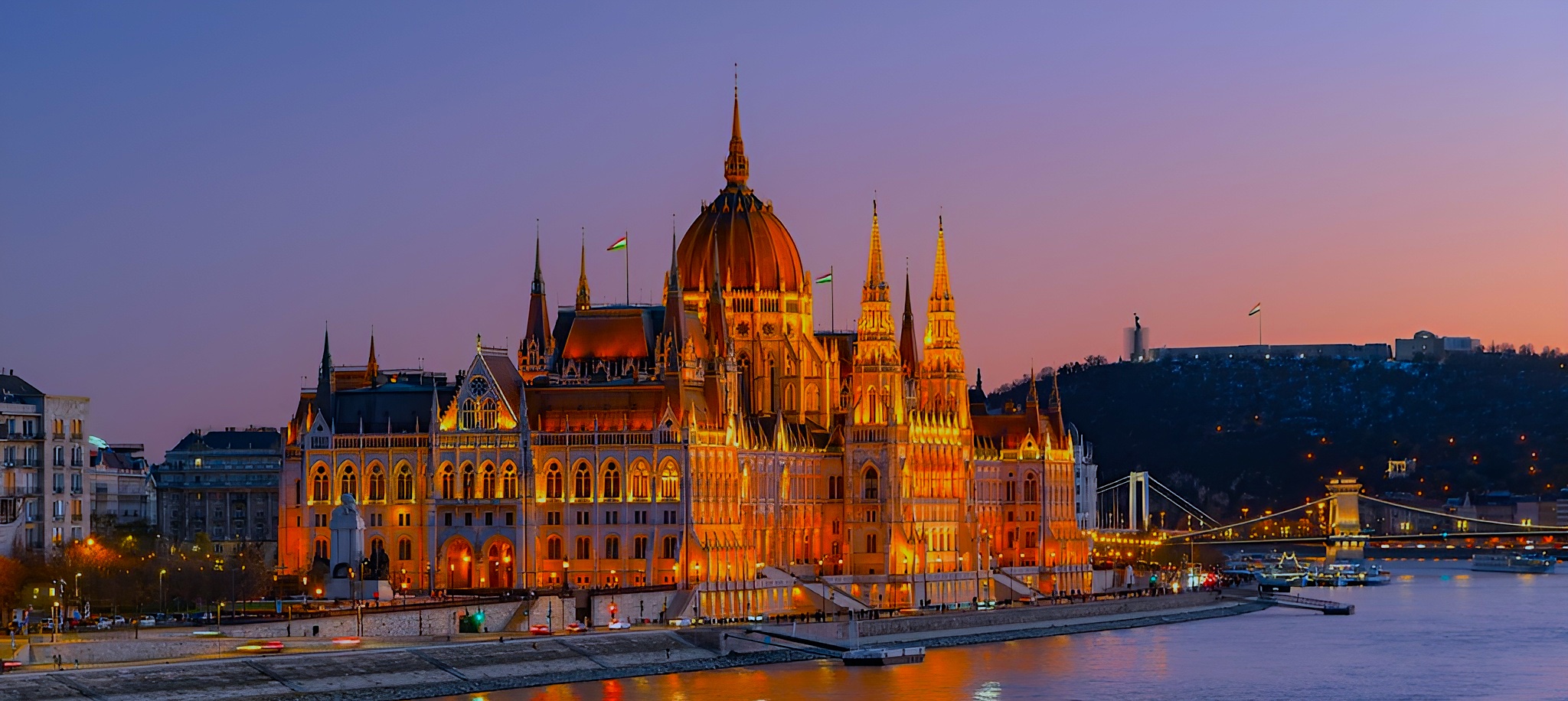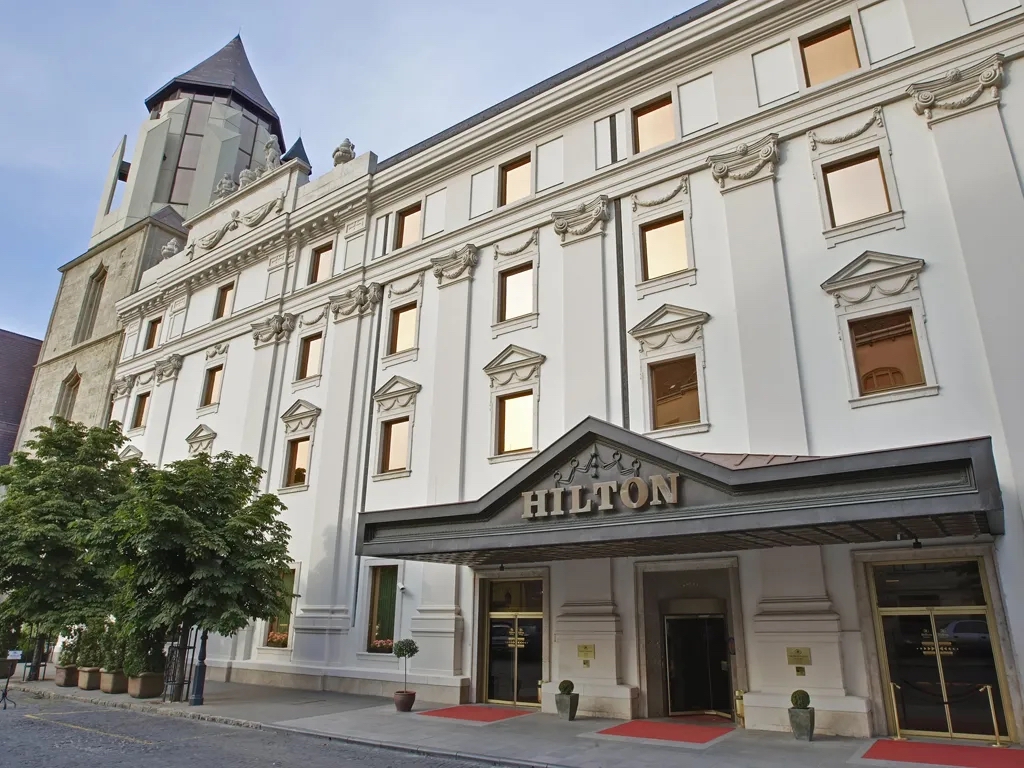|
The IHIET-FS 2026 International Conference
will be held in Budapest, Hungary on
June 22-24, 2026.
Conference Address
IHIET-FS 2026 International
Conference
Technical Sessions: Monday-Wednesday
June 22-24, 2026
Location: Kodolányi
University, Budapest, Hungary
Address: Budapest, Prielle
Kornélia u. 47-49, 1117 Hungary
IHIET-FS 2026 Conference
Reception and Banquet:
19:00 - 22:00, Monday June 22, 2026
Location: Hilton Budapest
Address: Budapest, Hess András tér 1-3,
1014 Hungary
|

Budapest Dinner Cruise, Hungary
|
Recommended Hotel:
Hotel: Hilton Budapest
(5 Star Hotel)
Address: Budapest, Hess
András tér 1-3, 1014 Hungary
(Google Maps)
|

Hilton Budapest, Hungary
|
Budapest,
It’s Pronounced ‘Boo-Da-Pesht’
Over 15 million gallons of water bubble into
Budapest's 118 springs and boreholes every
day. That number points to the astounding
array of baths in this city, from the
sparkling Gellert Baths to the vast 1913
neo-baroque Szechenyi Spa to Rudas Spa, a
dramatic 16th-century Turkish pool with
original Ottoman architecture. The "Queen of
the Danube" is also steeped in history,
culture, and natural beauty. Get your camera
ready for the Hungarian Parliament Building,
Heroes' Square, and the Danube at sunset.

Budapest Danube Cruise,
Hungary (Source: Discover Budapest)
The historic center
of Budapest along the Danube is classified as
a World Heritage Site due to its numerous
notable monuments of classical architecture,
from the 13th-century Matthias Church to
19th-century landmarks such as Hungarian
Parliament, State Opera House, the Museum of
Fine Arts and St. Stephen's Basilica. In
Budapest, AKA the City of Baths, there are 118
of these mineral pools, so packing your
swimmers is a must. Széchenyi Thermal Bath is
Budapest’s largest, grandest, busiest and very
first thermal bath.
|
 Conference
Venue
Conference
Venue
 Conference
Venue
Conference
Venue